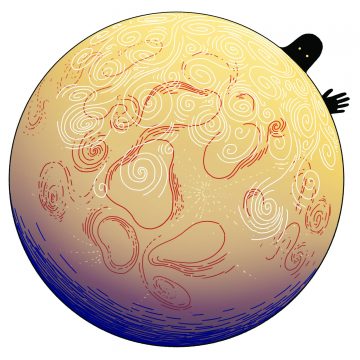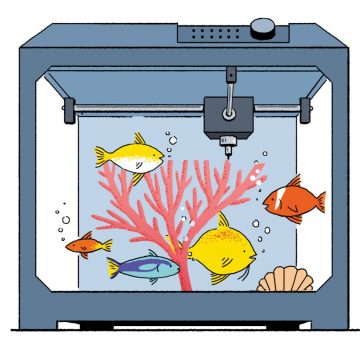Campendium: Easter Term 2021
Alumni Festival
Booking for the Alumni Festival opens on 19 July. The Festival will take place online 24-28 September with a programme of lectures, tours and discussions from the Cambridge community.
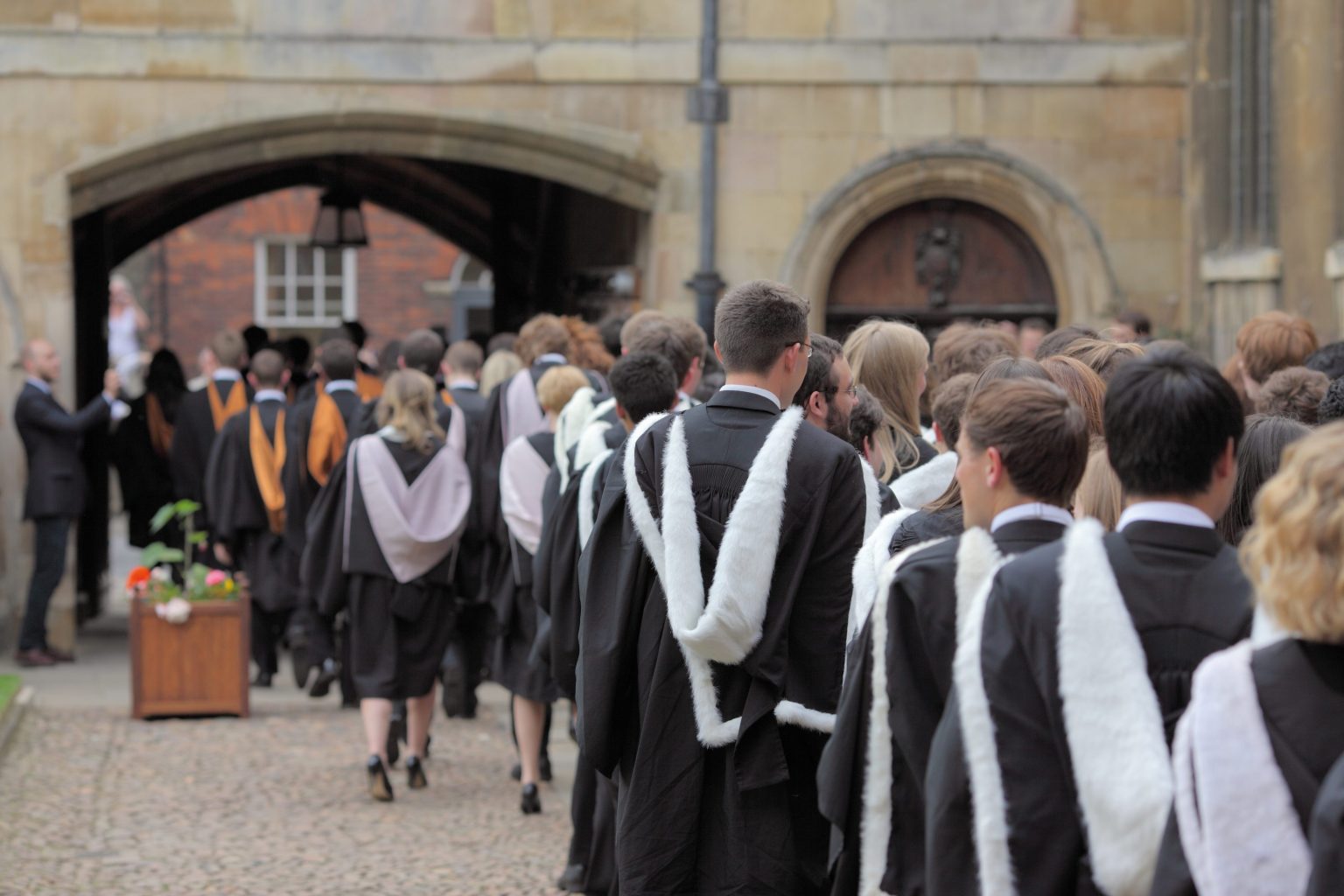
Widening participation
University admitted record number of underrepresented students this year
Cambridge is continuing to attract record numbers of economically disadvantaged and underrepresented students, with slightly more than 70 per cent of students who successfully applied for Cambridge in the 2020 academic cycle from state schools.
The number of Black students increased by 50 per cent, while 29.3 per cent of last year’s new arrivals identify as BAME (Black, Asian and Minority Ethnic), up from 27.8 per cent.
There were notably high success rates for applications from Wales and the north-east of England, and more than a fifth of undergraduate students now come from economically disadvantaged backgrounds.
There was a 13.3 per cent increase in admissions due to the revision in A level grades in the summer: 3,997 were admitted compared to 3,528 the previous year. However, the University was able to admit each student who met the terms of their offer with no forced deferrals, despite the increase.
Director of Admissions for the Cambridge Colleges, Dr Sam Lucy, said she was delighted by the figures, coming as they do at a time when many of those students have been particularly affected by the pandemic. “This is testament to their resilience and determination and to the hard work of colleagues in Colleges and the University, liaising with schools and their students up and down the country.”
Senior Pro-Vice-Chancellor for Education, Professor Graham Virgo, said: “What these statistics show is that we are meeting, or even exceeding, our benchmark targets. It’s encouraging to see the number of BAME students rising again. We have a commitment to seeing more students from underrepresented backgrounds here at Cambridge and this work will continue.”
Cambridge Initiative for Planetary Science and Life in the Universe
A new research initiative led by 2019 Physics Nobel Laureate Professor Didier Queloz will bring together physicists, chemists, biologists, mathematicians and earth scientists. The Cambridge Initiative for Planetary Science and Life in the Universe will investigate fundamental questions – from how life emerged on Earth to the processes that could make other planets suitable for life.
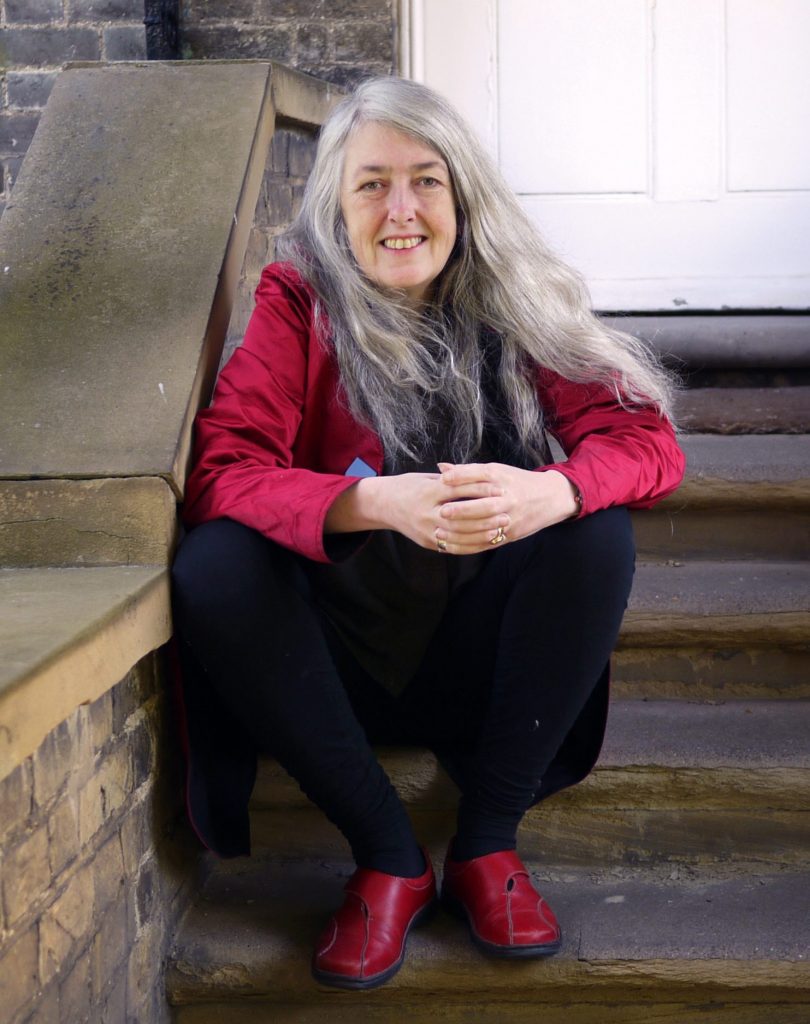
Deconstructed
Professor Mary Beard’s ‘retirement present’ to fund Classics students
Cambridge historian Professor Mary Beard will help fund two UK Classics students from underrepresented backgrounds as part of efforts to encourage more diversity in the subject.
Her £80k gift will pay the living costs of a full degree course for two undergraduates who are from both an underrepresented minority ethnic group and a low-income home.
Professor Beard, who will retire at the end of 2022 after almost 40 years at Cambridge, said the gift is ‘payback’ for everything Classics has given her as a student and an academic.
Beard’s gift will be named the Joyce Reynolds Award, honouring the tutor who inspired her: a pioneering Cambridge classicist, a Fellow of Newnham and a world-renowned ancient historian.

Three-minute Tripos
Loan applications processed around midday more likely to be rejected.
Are you going to lend me that tenner?
I have decided – not.
Why not?
Because I’ve been thinking about more important decisions all day and it’s easier to just say no to you rather than go into a long and detailed pros-and-cons monologue. Also, it’s lunchtime, and I am hungry.
So if I’d got my tenner loan request in earlier, you might have said yes?
Possibly. It’s not me being stingy, though. It’s decision fatigue. It’s a thing, even in big banks. It’s all just too exhausting.
Decision fatigue! Nonsense. I thought we had unimpeachable algorithms for that kind of thing.
Nope! A study by Dr Simone Schnall and her team from the Department of Psychology looked at 26,501 ‘restructuring requests’, where the customer already has a loan but is having difficulties paying it back, so asks the bank to adjust the repayments. Bank staff were more likely to grant a more lenient loan repayment in the morning. But making that decision took more time and effort than just saying no. By midday, they showed decision fatigue and were less likely to agree to a loan restructuring request.
Should we always call the bank in the morning, then?
Probably. Although the study also showed officers were more refreshed after a lunch break. Plus, you’ll be helping the bank. It’s estimated that the bank could have collected around an extra $500,000 in loan repayments if all those decisions had been made in the early morning.
OK, so how about if I ask you for a tenner tomorrow morning? Will you say yes?
No.
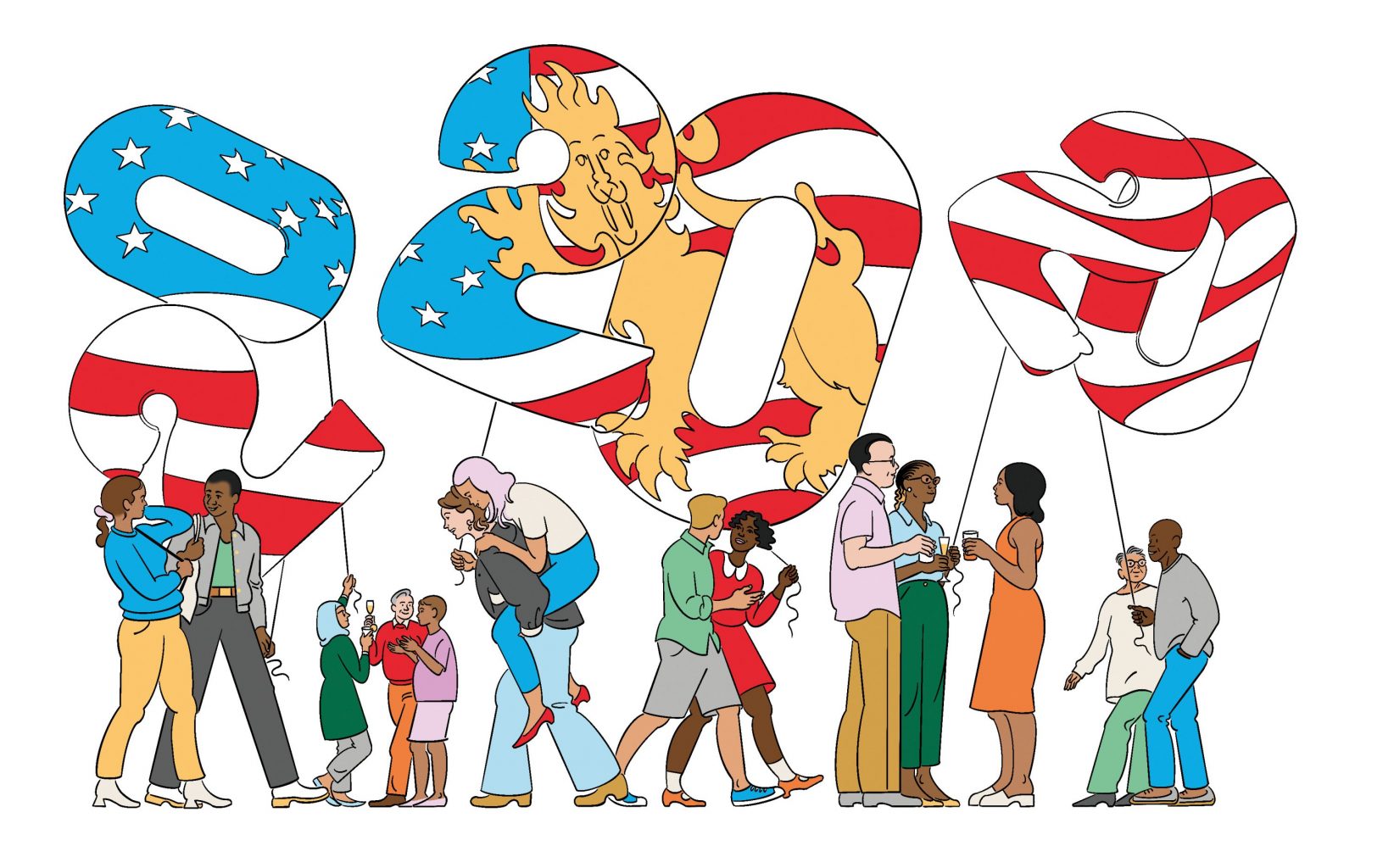
Cambridge in America
American alumni and friends have been supporting the University for decades – and this year marks a special anniversary for this exceptional relationship.
What is Cambridge in America? Not a physical university, but a home for our many alumni (more than 20,000 of them in North America at the last count) – and a great outpouring of goodwill to a place that so many alumni remember with much fondness.
Led by an independent volunteer board of more than 20 distinguished alumni, Cambridge in America (CAm) is the formal name for the Collegiate University’s US fundraising and engagement operation, which this year celebrates its 20th anniversary. And what a 20 years it has been: as well as working closely with alumni and friends from across the continent, CAm has raised more than $800 million (£565 million) for Cambridge.
Americans have been generous to Cambridge for many years – indeed the University Library was built in 1934 with money from the American philanthropist John Rockefeller. CAm itself is the result of the 2000 merger of the American Friends of Cambridge University, which was founded in 1967, and the Cambridge University Development Office in the US. Together, these organisations have raised a cool $1.2 billion (£850 million) in support of the University.
So, this year, we hope you’ll join us in raising a glass to CAm and to the many, many US donors who, through their generosity, continue to support the groundbreaking research and teaching at the University.
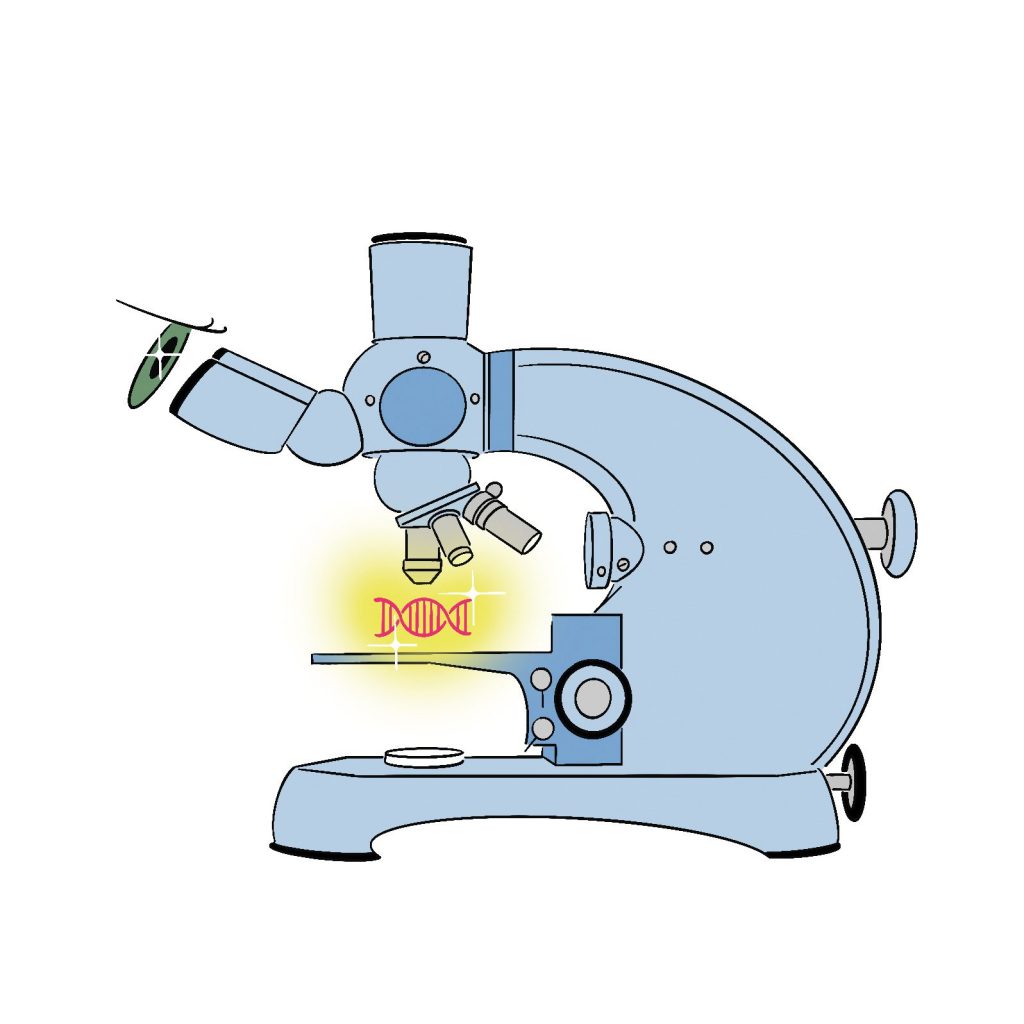
Millennium Technology Prize Joint award for DNA chemists
Two University of Cambridge chemists have been jointly awarded one of the world’s most prestigious science and technology prizes, the 2020 Millennium Technology Prize, for their development of revolutionary DNA sequencing techniques.
Professor Sir Shankar Balasubramanian and Professor Sir David Klenerman are the first ever joint winners of the prize for the same innovation, celebrating the significance of collaboration in science. The prize is awarded by Technology Academy Finland every two years.
Balasubramanian and Klenerman’s co-invention of Solexa-Illumina Next Generation DNA Sequencing has enhanced our fundamental understanding of life by enabling fast, accurate, low-cost and large-scale genome sequencing – the process of determining the complete DNA sequence of an organism’s make-up. It has transformed genomics, medicine and biology by allowing a millionfold improvement in speed and cost when compared to the first sequencing of the human genome.
Balasubramanian, of the Yusuf Hamied Department of Chemistry and Cancer Research UK Cambridge Institute, paid tribute to his co-winner and his team: “It’s not just for us, I’m happy on behalf of everyone who has contributed to this work.”
Co-winner Klenerman, also of the Yusuf Hamied Department of Chemistry, highlighted the University’s role in developing the technology. “The idea came from Cambridge and was developed in Cambridge. It’s now used all over the world.”
In brief
Lord Simon Woolley to be Principal of Homerton
Lord Simon Woolley, the founding director of campaigning NGO Operation Black Vote, has been elected as the next Principal of Homerton College. In 2018, he was appointed to create and lead the Race Disparity Unit.
Sir Richard Heaton appointed as the new Warden of Robinson
Robinson College has appointed Sir Richard Heaton as its new Warden. He joins following a distinguished civil service career focusing particularly on justice, the constitution and human rights.
Professor Mauro F Guillén is next Dean of Cambridge Judge Business School
Professor Mauro F Guillén, a prominent expert, award-winning scholar and teacher at the Wharton School of the University of Pennsylvania, has been appointed the next Dean of Cambridge Judge Business School.
Dr Kamal Munir appointed Pro-Vice-Chancellor (University Community and Engagement)
Dr Kamal Munir has been appointed Pro-Vice-Chancellor (University Community and Engagement). He is Academic Director at the Centre for Strategic Philanthropy and a Reader in Strategy and Policy at the Cambridge Judge Business School.


